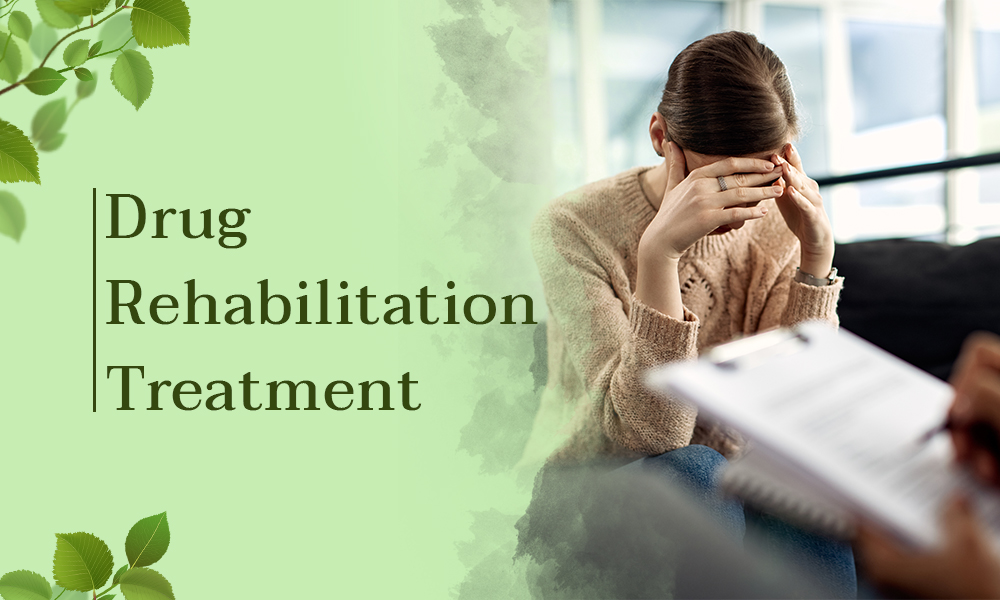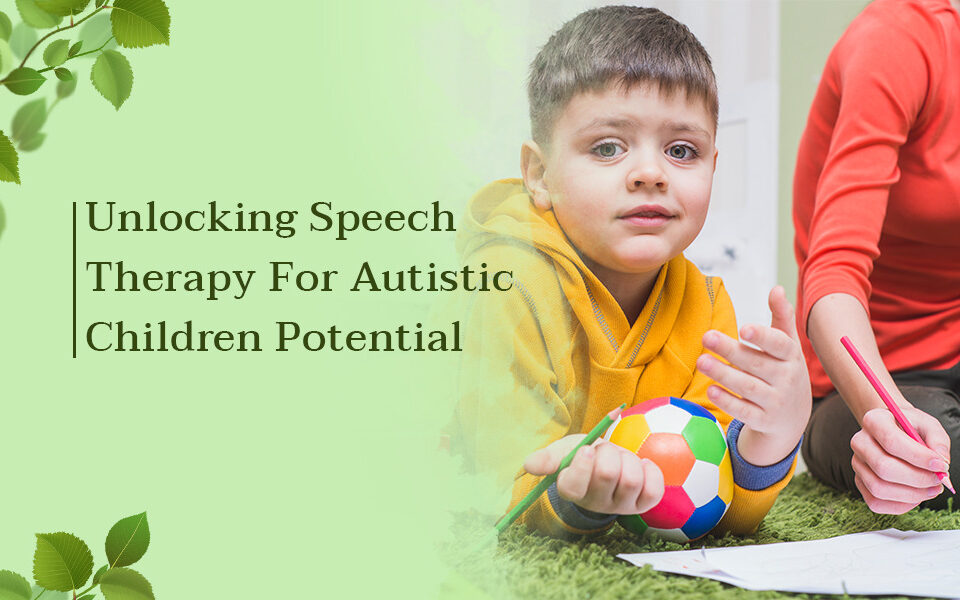- Jofa Tower 5th floor, SB-23, Block 13 C, Main University Rd, Gulshan-e-Iqbal, Karachi.
- +92 322 3746726
- tis@transformation.com.pk
Drug Rehabilitation Treatment

Drug Rehabilitation Clinics
August 10, 2023
Autism Symptoms in Children
August 11, 2023Drug addiction is an intricate and formidable problem that impacts countless individuals and their families globally. The immense toll of substance abuse on physical health and emotional well-being emphasizes the urgency of finding effective solutions to combat this widespread epidemic. Drug rehabilitation treatment, commonly referred to as drug rehab, stands as a beacon of hope for those ensnared by addiction. This blog aims to illuminate the significance of drug rehabilitation treatment and explore the diverse approaches employed to guide individuals toward recovery and the reclamation of their lives.
Key Components of Drug Rehabilitation Treatment:
Detoxification: The journey to recovery often commences with detoxification, a medically supervised process that rids the body of drug toxins. Detox helps manage withdrawal symptoms and ensures a safer transition to subsequent treatment phases.
Individual Counseling: One-on-one counseling sessions with trained therapists allow patients to explore their struggles, traumas, and emotions, promoting self-awareness and facilitating healing.
Aftercare Planning: Preparing patients for life after rehab is essential for maintaining long-term sobriety. Aftercare planning involves setting up support networks, identifying potential triggers, and developing a relapse prevention strategy.
Behavioral Therapy: Various therapeutic approaches, such as cognitive-behavioral therapy (CBT), dialectical behavior therapy (DBT), and motivational interviewing, are employed to address the psychological aspects of addiction. These therapies help individuals identify triggers, develop coping skills, and alter destructive thought patterns.
Family Involvement: Recognizing the impact of addiction on families, many drug rehabilitation programs incorporate family therapy sessions. These sessions promote understanding, open communication, and the mending of strained relationships.
Group Therapy: Group therapy creates a nurturing and supportive space where individuals come together, finding solace in shared experiences. This transformative approach fosters a sense of unity and allows participants to draw strength from one another's trials and triumphs.
Types of Drug Rehabilitation Treatment:
Drug rehabilitation treatment provides a wide range of approaches carefully designed to cater to the unique requirements of individuals battling drug addiction. These treatment types can be classified based on the program's setting, intensity, and core focus. Below are some prevalent types of drug rehabilitation treatment available today.
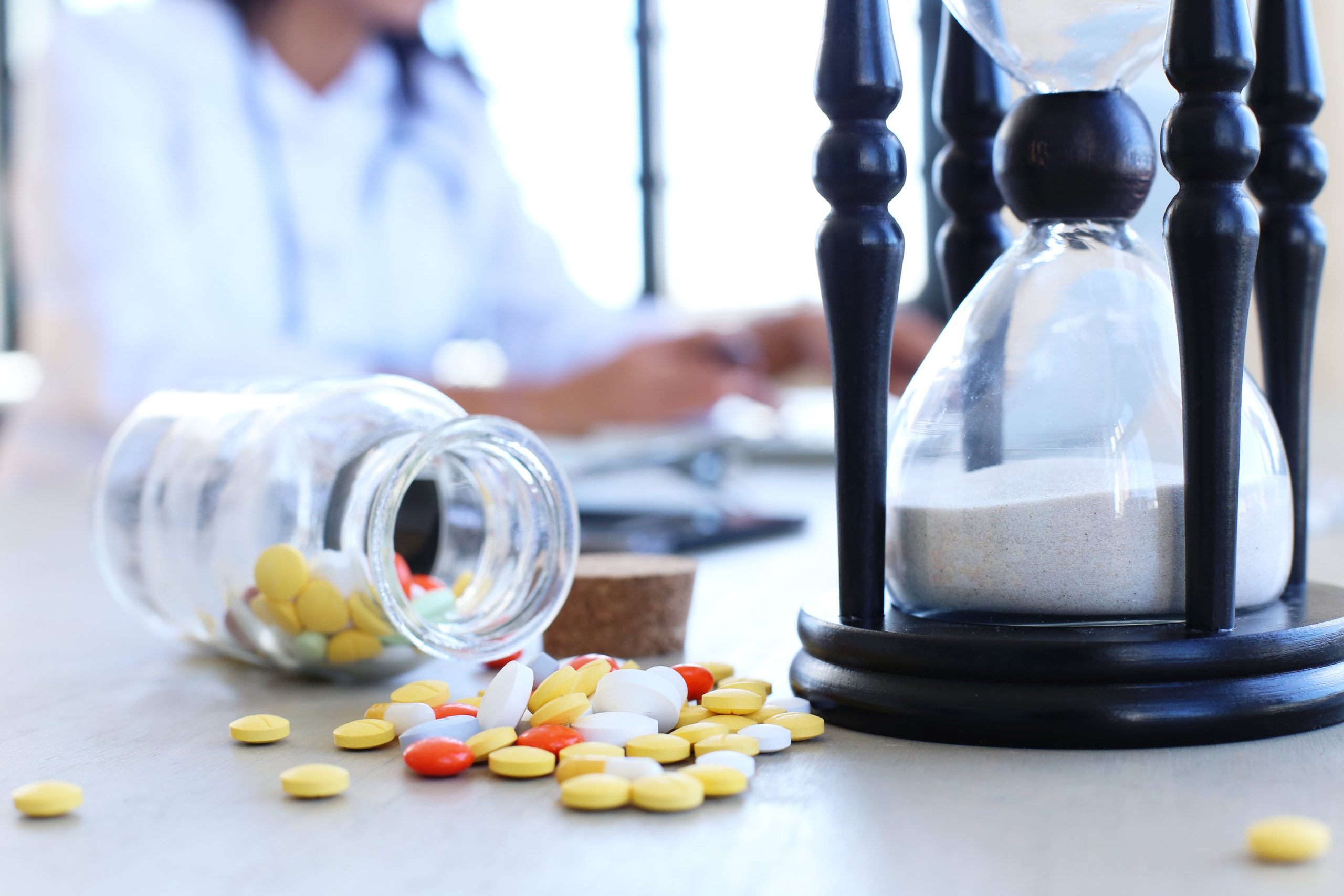

Inpatient Rehabilitation:
Inpatient Rehabilitation entails individuals residing at a specialized treatment facility round-the-clock for a predetermined duration, typically spanning from a few weeks to several months. This program ensures an immersive and well-structured approach, offering a controlled environment free from drugs. Residential rehab is tailored to cater to individuals facing severe addictions or those in need of extensive support and supervision.
Outpatient Rehabilitation:
Outpatient rehabilitation allows individuals to live at home while attending treatment sessions and therapy on scheduled days. This program provides more flexibility for individuals with responsibilities such as work, school, or family commitments. Outpatient rehab is typically recommended for individuals with milder addictions or as a step down from inpatient care.
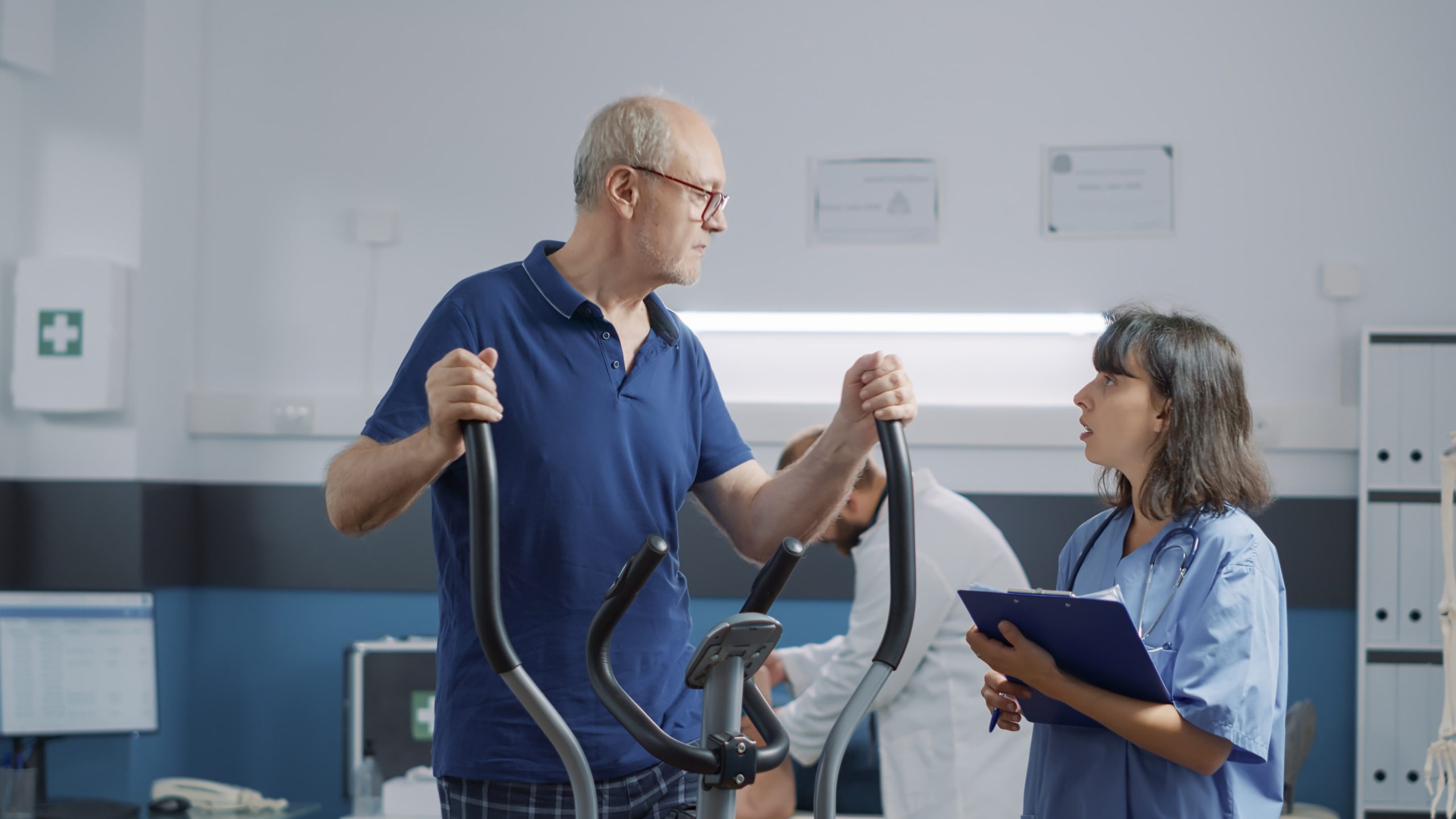
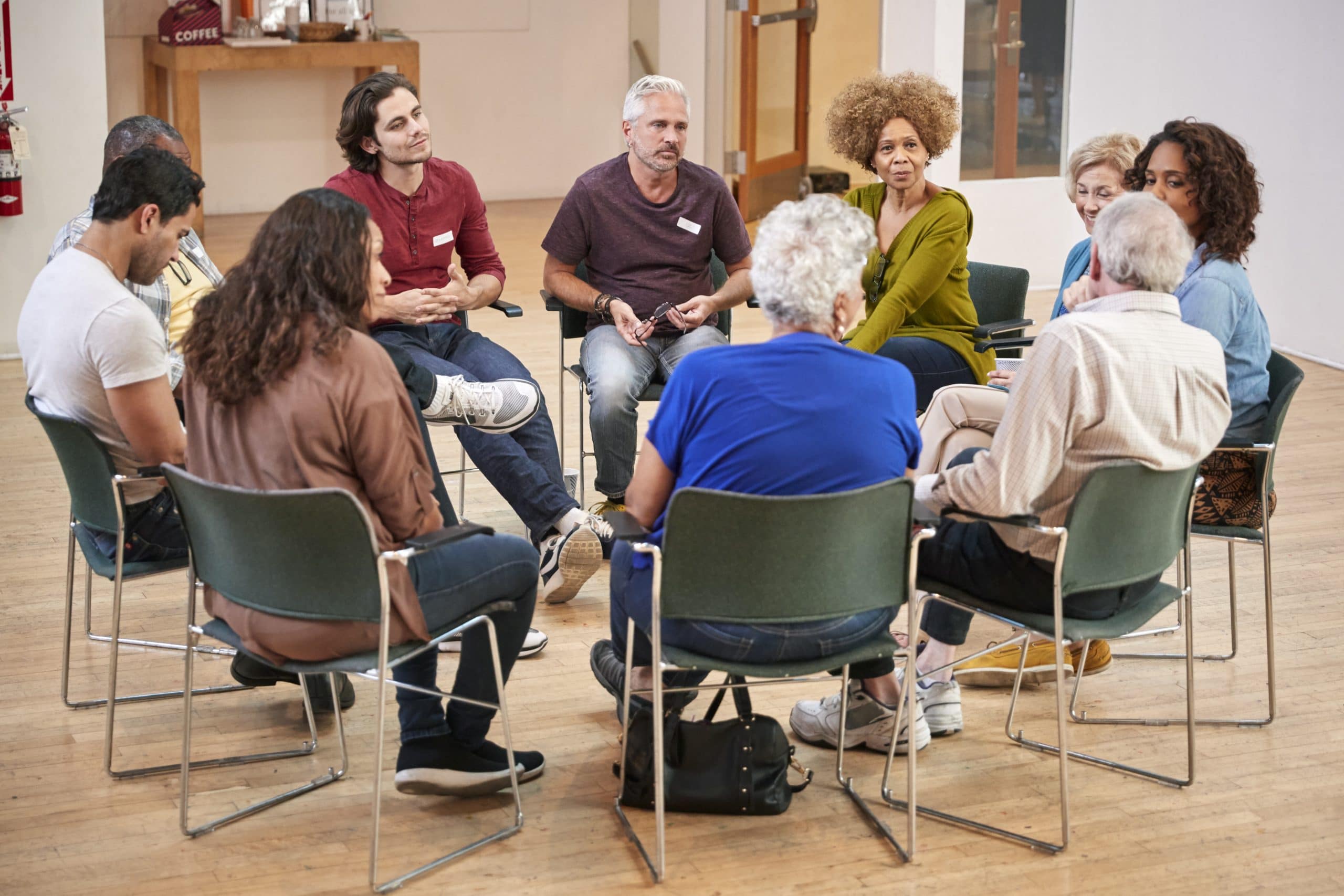
Partial Hospitalization Programs (PHP):
Partial hospitalization programs combine aspects of inpatient and outpatient care. Individuals receive intensive treatment at a treatment center during the day but return home or to a sober living facility in the evenings. PHPs offer more support and structure than outpatient programs, making them suitable for those who need substantial care but do not require 24/7 supervision.
Comprehensive Outpatient Programs (COP):
Comprehensive outpatient programs, commonly known as intensive outpatient programs (IOPs), offer a heightened level of care compared to standard outpatient services. Individuals engaged in COP attend frequent therapy sessions and group counseling throughout the week, enabling them to continue with their daily routines while benefiting from intensive treatment. COPs are particularly well-suited for individuals with a robust support system at home and a steadfast dedication to their recovery journey.
Comprehensive Care for Dual Diagnosis:
Comprehensive care for Dual Diagnosis is designed to assist individuals facing the challenges of both substance abuse and co-existing mental health disorders, such as depression, anxiety, or bipolar disorder. This all-encompassing approach acknowledges the intricate relationship between these conditions, offering simultaneous and integrated treatment to foster complete healing. Understanding that they frequently intersect and exacerbate one another, this holistic approach aims to provide a unified and cohesive path toward recovery.
Motivational Interviewing (MI):
Motivational Interviewing (MI) is a person-centered counseling technique that aids individuals in examining their feelings of ambivalence toward change and elevates their motivation to conquer addiction. MI lays the foundation for positive behavioral transformations by fostering self-motivation and self-efficacy. This therapeutic approach stands original in its ability to encourage individuals to take charge of their journey to recovery.
TWC's Transformative Drug Rehabilitation Treatment:
At Transformation and Wellness Clinic (TWC), we deeply understand that drug addiction transcends the struggle with substances, encompassing an intricate interweaving of physical, emotional, and psychological elements. Our drug rehabilitation treatment is founded on the principle that every individual's path to recovery is distinct and warrants personalized, compassionate care and unwavering attention. We are committed to providing an authentic and original approach to healing, valuing the uniqueness of each person's journey toward a drug-free life.
Comprehensive Assessment:
The path to healing begins with a comprehensive assessment, where our team of experienced professionals takes the time to understand the underlying factors contributing to addiction. Through in-depth consultations, we delve into the individual's history, triggers, and co-occurring conditions, ensuring a holistic approach to treatment.
Tailored Treatment Plans:
At TWC, we craft individualized treatment plans that align with each patient's needs and goals. Our drug rehabilitation program combines a range of evidence-based therapies, cutting-edge techniques, and time-tested practices to effectively address addiction's various dimensions.
Family Involvement:
Recognizing the vital role of the family in the recovery journey, we emphasize family involvement as an integral part of our drug rehabilitation treatment. Family therapy sessions offer a platform for open communication, understanding, and the restoration of strained relationships.
Aftercare and Support:
As our patients graduate from our drug rehabilitation program, the support does not wane. TWC takes pride in its comprehensive aftercare planning, empowering individuals to thrive beyond treatment. Our team equips patients with coping strategies, relapse prevention techniques, and ongoing support networks to ensure a smooth transition into their drug-free lives.
Drug Addiction & Alcohol Rehabilitation Center in Karachi
Book An Appointment For Intake Session / Consultancy / OPD charges Rs. 1000/- only

